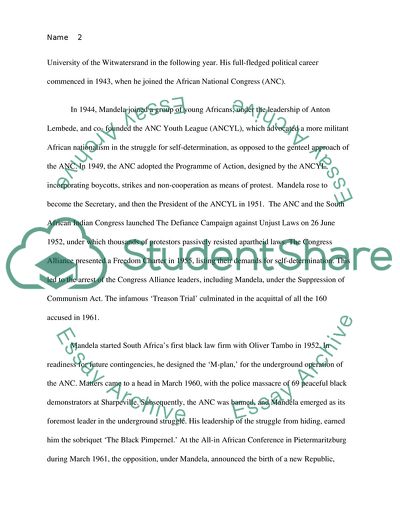Cite this document
(Nelson Mandela Essay Example | Topics and Well Written Essays - 1250 words - 1, n.d.)
Nelson Mandela Essay Example | Topics and Well Written Essays - 1250 words - 1. https://studentshare.org/biographies/1722694-nelson-mandela
Nelson Mandela Essay Example | Topics and Well Written Essays - 1250 words - 1. https://studentshare.org/biographies/1722694-nelson-mandela
(Nelson Mandela Essay Example | Topics and Well Written Essays - 1250 Words - 1)
Nelson Mandela Essay Example | Topics and Well Written Essays - 1250 Words - 1. https://studentshare.org/biographies/1722694-nelson-mandela.
Nelson Mandela Essay Example | Topics and Well Written Essays - 1250 Words - 1. https://studentshare.org/biographies/1722694-nelson-mandela.
“Nelson Mandela Essay Example | Topics and Well Written Essays - 1250 Words - 1”. https://studentshare.org/biographies/1722694-nelson-mandela.


